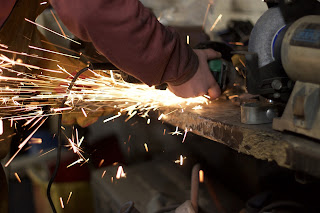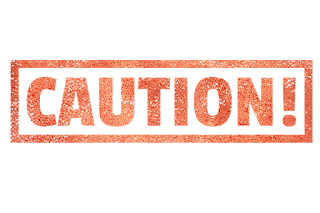When hiring a new employee, they are likely trained on
workplace safety, best practices in tool operation, as well as how to actually
use the machine they'll be working on. While this all seems like a through
introduction into the workplace, it lacks one key component - care and
maintenance training.
The proper maintenance and care of industrial tools is
imperative to their productivity. Tools that aren't well maintained will break
down, perform inefficiently and could lead to workplace accidents. This is why
it’s important to teach new employees about the key role they play in caring
for the machines they use day in, day out.
Learning by doing is one of the most effective forms of
education, which is why it's important to engross new hires into the how - and
why - of maintenance from the start. If a worker learns a procedure without
understanding why it needs to be done, they can come to believe it’s a
meaningless formality. This leaves workers tempted to skip important parts of lubrication systems care, or perform them
carelessly.
Invest in your employees, as well as your equipment, and
productivity will reap the rewards. The resulting benefits will include
high-performing machines, conscientious employees, and a smoothly functioning
workplace.



